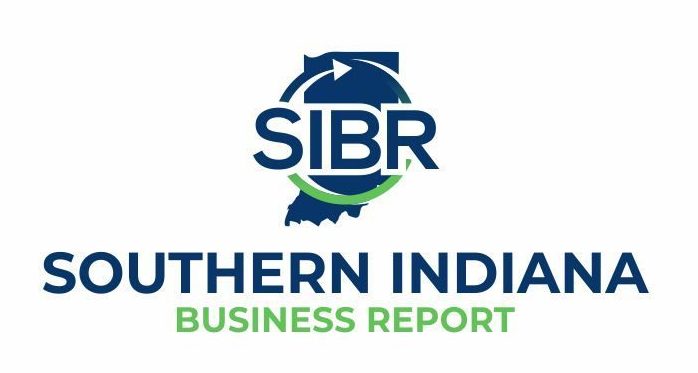Southern Indiana Business Report
Leading a research team to an international award has given Dr. Jason Davis of NSWC-Crane additional opportunities to pursue his research on technologies that can benefit both the Department of Defense and multiple private sector industries.
Dr. Davis, employed at the federal research lab at the Naval Surface Warfare Center – Crane, in Martin County, Indiana, is a leader in the field of improving cutting of transition metals like tantalum and niobium. Tantalum has physical qualities such as corrosion resistance and heat resistance that make it useful in industrial applications ranging from medical implants to automotive applications, two industries highly concentrated in Indiana.
Davis is a native and resident of the Southern Indiana region that surrounds Crane. His academic credentials include studies at Vincennes University , also in Southern Indiana, as well as degrees from Rose-Hulman, Indiana State University, and Purdue University, where he received his PhD. Davis’s work on tantalum was recognized when his U.S.-Japanese academic research team received the Ekeberg Prize from the Tantalum-Niobium International Study Center. The team’s work from Purdue University and Osaka University explored ways to improve cutting of tantalum.
The work on tantalum has applications among the missions supported by NSWC-Crane, and was supported by a SMART SEED grant. But the applications of the research have implications for other industries. The research revealed some of the core reasons that tantalum is difficult to cut with the precision demanded by modern industrial and technological applications. The award-winning research went a step further and also provided a path to solve the problem and increase the machinability of the metal.
“Improving the machinability of tantalum opens opportunities for engineers and scientists to exploit this important metal for new and exciting applications,” Davis commented. Davis’s work has sparked the award of a Naval Innovative Science and Engineering (NISE) project from NSWC-Crane to allow him to continue his research on modulated-assisted machining, his next step in pursuit of better cutting technology for tantalum.



